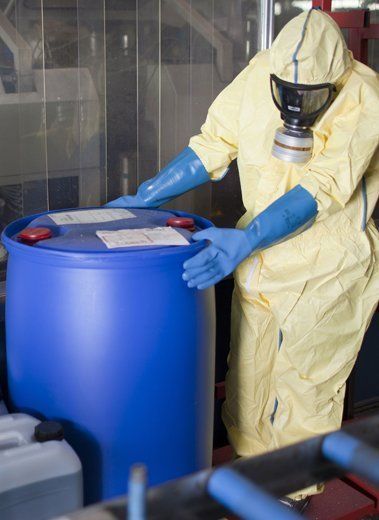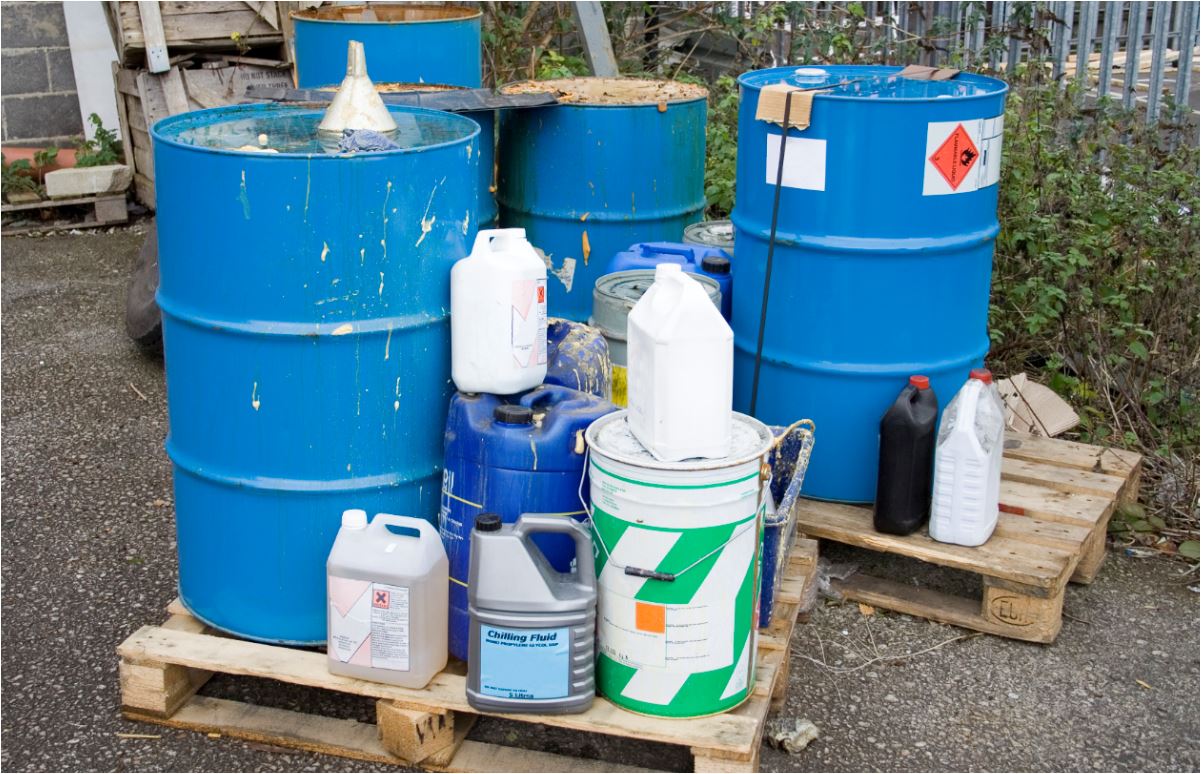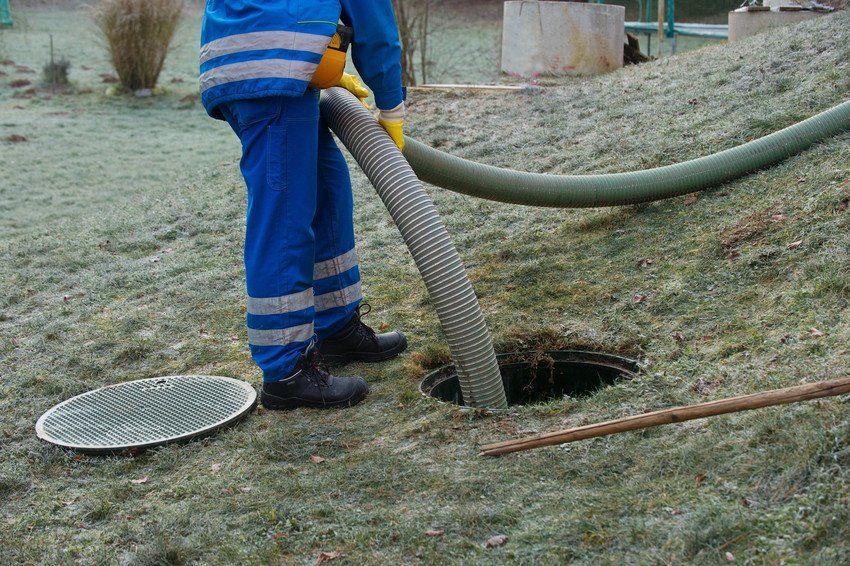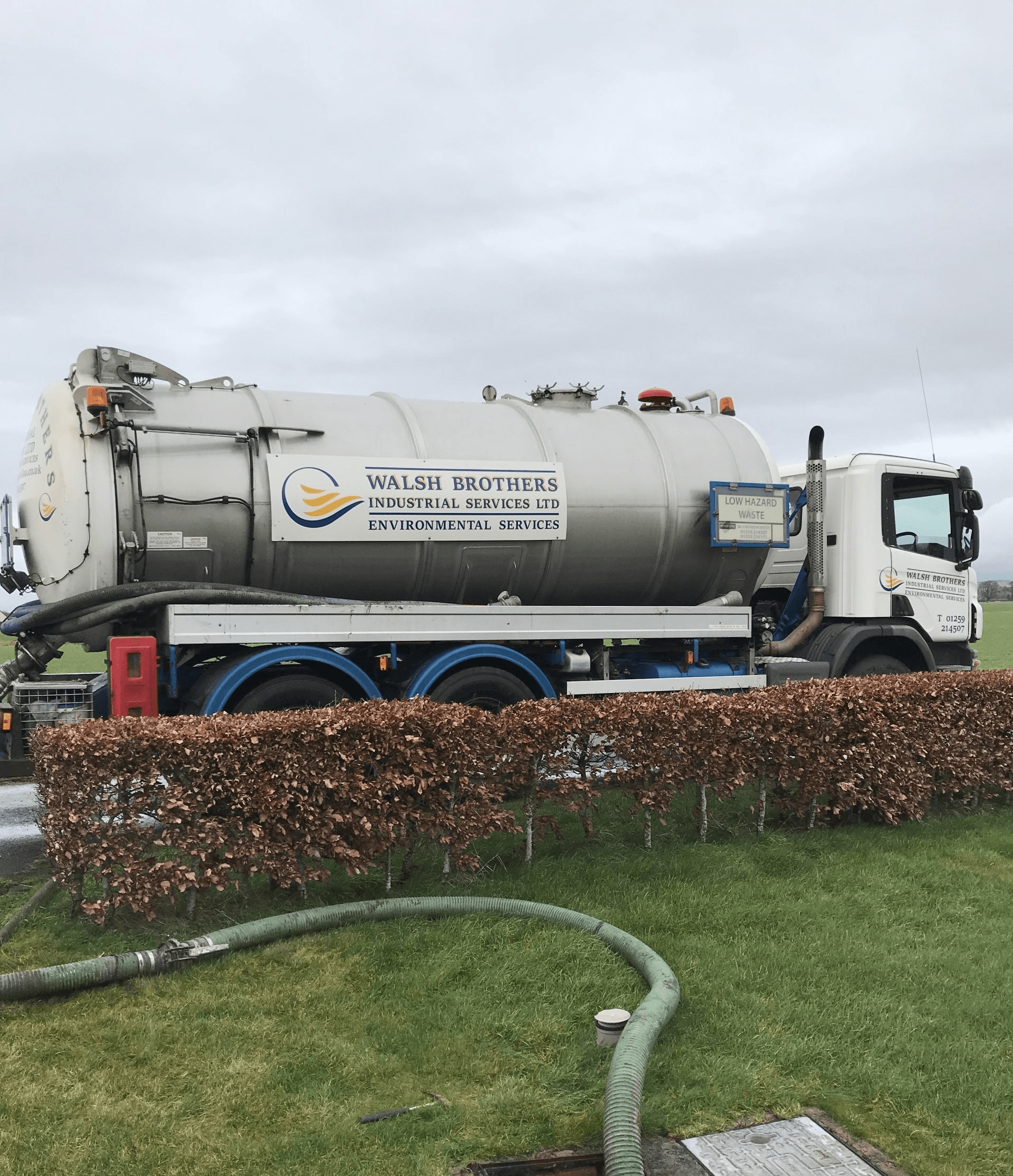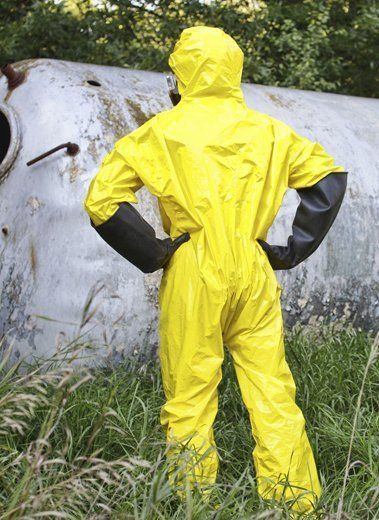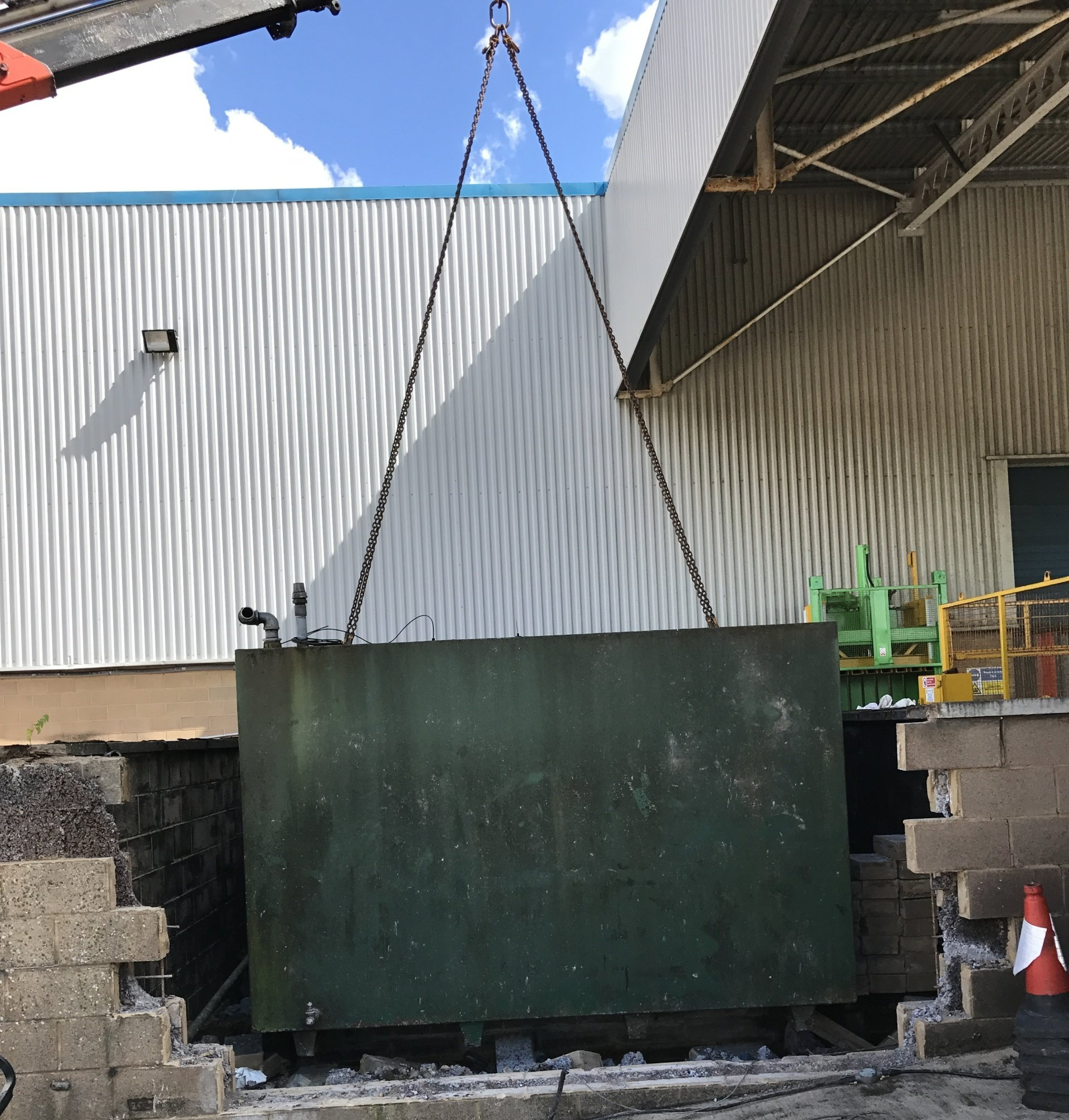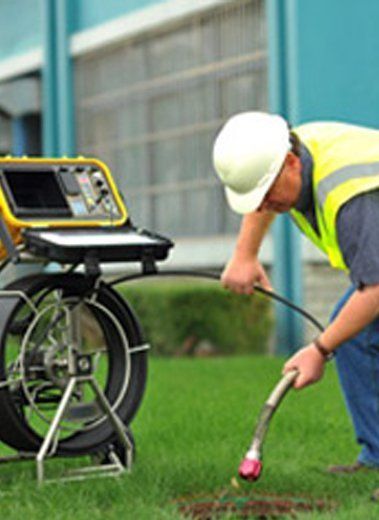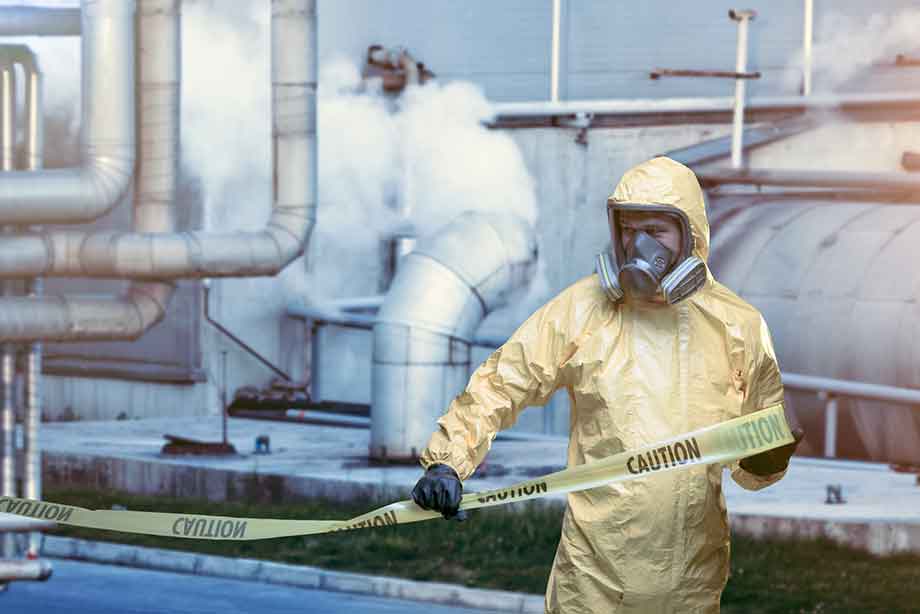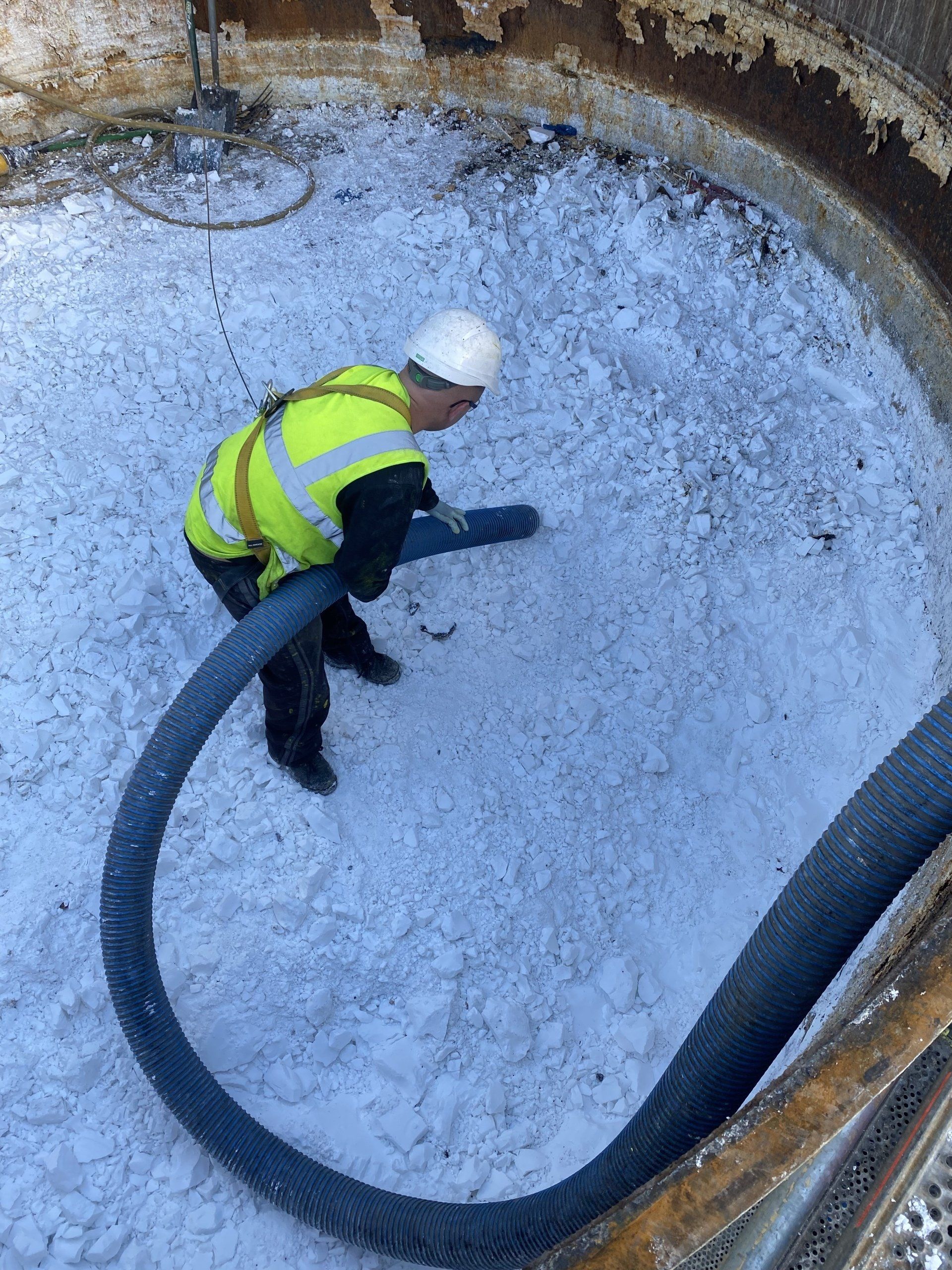Septic Tank Maintenance: What you Need to Know
Septic Tank Maintenance: What you Need to Know
If you’re a property owner, no doubt you are going to need to know a few things. Sounds silly but making sure waste is responsibly and safely disposed of as well as properly maintained is incredibly important. This is certainly applicable to septic tanks however, lots of people forget or are not aware of exactly what they need to do to keep their tank in good working order.
Because of the level of risk involved when a septic tank is faulty or not working, it is essential that as a property owner that you are totally aware of all the legal and safety implications relating to septic tank maintenance. In addition to this, it's worth knowing a thing or two about the workings of them too! So, it’s vital that all property owners make themselves aware of their legal responsibilities, and the steps they can take to keep on top of these duties before any problems can arise. With this in mind, here in this blog, we are going to outline a few useful bits of information relating to septic tank maintenance. Read on to discover more!
Inspect Your Septic Tank And Utilise The Pump
The average septic tank that is located on your average property would need to be inspected at least every three years by qualified professionals. There are different systems in place for this and it comes down to figuring out what type of tank you require. There are various different systems with electrical float switches, pumps, or mechanical components that should be inspected fairly frequently, we’d say at least once a year. A service contract is useful since alternative systems have mechanized parts.
There are three key factors that impact the frequency of a septic tank:
● How big is your property is
● The amount of wastewater you create
● The number of solids in wastewater
● Septic tank size
Preparing Your Septic Tank for a Service
When you contact a septic tank maintenance professional, they will be able to support you in inspecting the septic tank for any leaks and also take a look at any scum and sludge layers in your septic tank that may be impacting how the machine works. It's certainly worth keeping a record of the work that is carried out on your septic tank as a general reference for you to keep. Your septic tank is going to include a T-shaped outlet that prevents sludge and scum from leaving the tank and travelling to the drain field area. The septic tank specialist will make a note of repairs completed and the tank condition in your system’s service report. If a fair few repairs are advised, you will certainly need to get someone in as a matter of urgency.
Properly Disposing of Waste
Whatever the type of waste you dispose of is and however you opt to dispose of it - it'll end up passing through the septic tank. Whether that is flushing it down the toilet, grinding it in the garbage disposal, or tipping it down the sink, shower, or bath, everything that goes down your drains ends up in your septic system. What goes down the drain impacts how well your septic system will work.
Bathroom Etiquette
Your septic tank is not a bin and should not be treated as such. A simple rule of thumb would be not to flush anything other than human waste or toilet paper.
Some prime examples of things not to flush include:
● Cooking grease or oil
● Non-flushable wipes, such as baby wipes or makeup wipes
● Photographic solutions
● Feminine hygiene products
● Condoms
● Dental products
● Nappies
● Cigarettes or smoking paraphernalia
● Coffee grounds
● Cat litter
● Paper towels
● Pharmaceuticals
● Household chemicals like gasoline, oil, pesticides, antifreeze, and paint or paint thinners
Think About What is Going Down the Sink
Believe it or not, your septic system contains a collection of living organisms and these are the very things that digest and treat your household waste. Pouring any toxins down your sink can kill these organisms and in addition to this, also damage your septic system. So, whether you are stood at the kitchen sink, bathtub, or utility sink:
● Avoid chemical drain openers for a clogged drain. Instead, opt for boiling water or use a drain snake
● Never pour cooking oil or grease down the drain
● Never pour oil-based paints, solvents, or large amounts of toxic cleaners down the drain
Try not to or at least try to limit the use of garbage disposal. This will certainly reduce the number of fats, grease, and solids that enter your septic tank and ultimately clog its drain field.
Have Regular Inspections Carried Out
As we have established, a septic tank is an important piece of kit that has to be inspected periodically to make sure that no problems are no serious problems evolving beneath the surface developing that could lead to serious long-term damage. If your system includes various features like mechanical components and float switches may need to be inspected annually. These inspections are going to allow the engineer to understand when a septic tank will need to be pumped out and what services need to be performed on a septic tank to keep it operating as it should be.
Decrease Water Consumption
This is of course going to be subjective for everyone and will very much depend on your circumstances. If you’re a part of a large family, you are naturally going to produce lots of water. However, there are always small things you can do to decrease the amount you use. The more water you use in your property, the quicker your septic tank is going to become filled up and the more likely your septic tank will malfunction.
A septic system can run the risk of becoming overloaded by heavy water consumption. Homeowners should at least attempt to lower water consumption by fixing leaky plumbing fixtures right away and opting for efficient low-flow plumbing fixtures.
Walsh Brothers Industrial Services - Septic Tank Cleaning
Our septic tank cleaning service is available on a 24/7 basis throughout Scotland, including in Glasgow, Edinburgh, Fife, Stirling, Falkirk, East Lothian and the Scottish Borders. We advise tank desludging on an annual basis to prevent build up and overflow and avoid contamination risks. If you require an emergency service for your septic tank, we’ll endeavour to be there on the same day, wherever possible.
We have the equipment and resources to tackle septic tanks of practically any dimension. Generally ranging from 2000 – 30,000 litres, we are able to empty and clean a wide variety of tanks across Scotland, and our experts ensure a reliable and speedy septic tank service at all times. Waste from the septic tank is treated at local sewage works and can be recycled for a number of uses, including dried, pelletised fuel or fertiliser.
Here at Walsh Brothers Industrial Services, we dispose of septic tank waste responsibly and ensure that any hazardous waste is completely removed from the premises. To find out more about our services, please visit our website or contact us today. We’d be delighted to help with any enquiries you may have.

